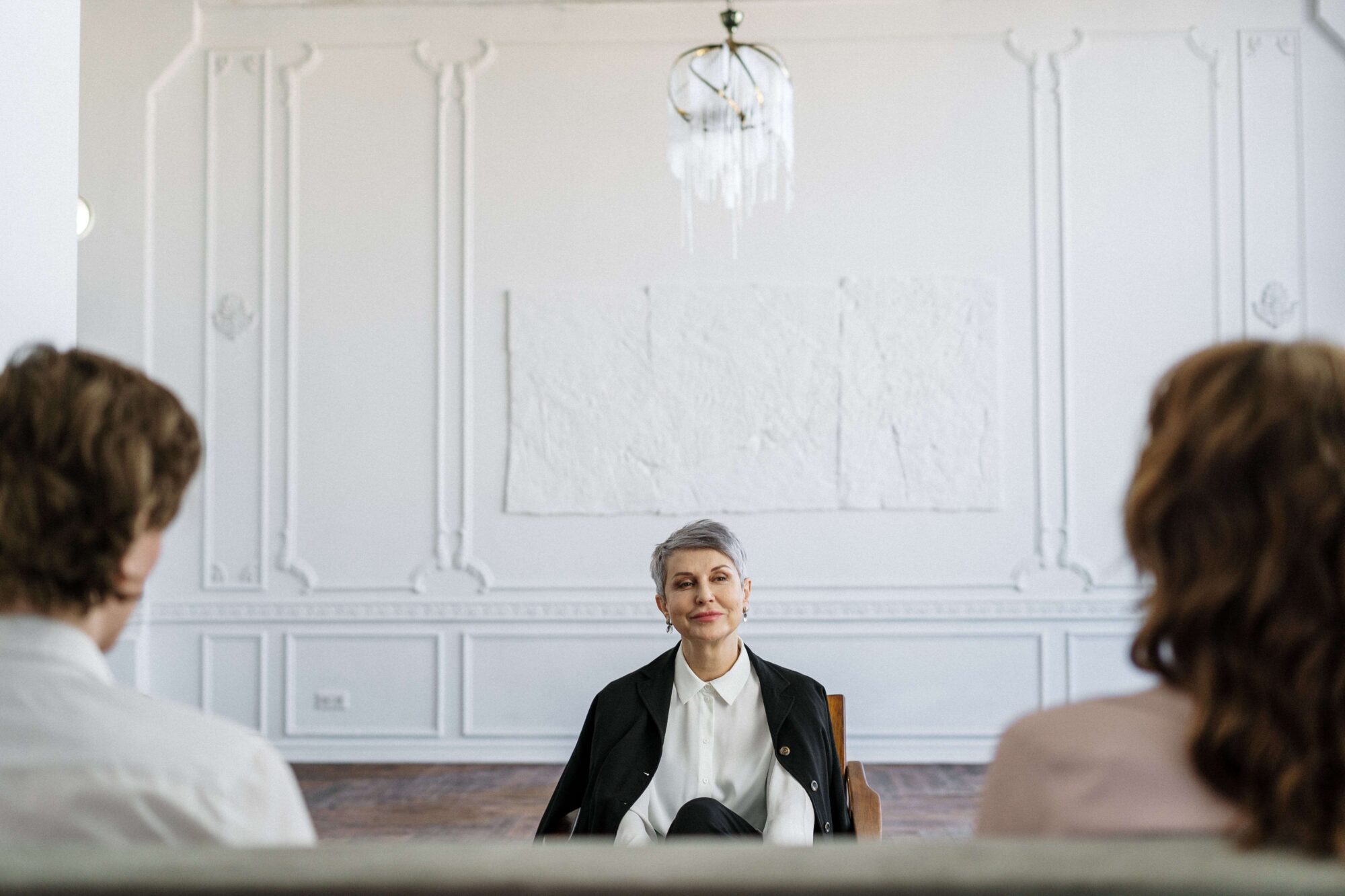Labour Party Employment Law The Labour Party published its manifesto on 13 June 2024 and…
Former Partner Not Entitled to Share of Property | DFA Law Northampton Solicitors News
PLEASE NOTE: Information in this article is correct at the time of publication, please contact DFA Law for current advice on older articles.
A woman has failed in a £680,000 High Court bid for half the proceeds of the sale of a business she helped to run, following the breakdown of a partnership. The claimant valued the business at £1.36 million and claimed 50 per cent of that valuation.
Her former partner, Trevor Miller, was the owner of The Old Rectory in Sprotborough, Doncaster, a building of historic interest and the childhood home of World War II fighter pilot Sir Douglas Bader.
In 2004, a relationship developed between Mr Miller and the claimant, Jan Hopton. The couple decided later that year to renovate the property – which had fallen into disrepair – and to run it as a guest house. Mrs Hopton was able to dedicate much of her own time to planning and designing the new look and to organising the renovation works. She offered to put some capital into the project but, in the event, the works were paid for entirely by Mr Miller, at an estimated cost of £120,000.
The guest house duly opened for business in April 2005 and achieved considerable publicity due to the efforts of Mrs Hopton. Shortly afterwards, the business was awarded a Diamond Rating by the Tourist Board.
Although both parties agreed that there was a business partnership in operation, no written agreement was ever made. A draft document had been discussed with their respective solicitors but never signed. In August 2005, there was an argument over the draft agreement and the couple came to blows. The police were called and Mrs Hopton left. Mr Miller continued the business thereafter without Mrs Hopton.
In October 2008, Mr Miller sold the property for £800,000 inclusive of fixtures and fittings, and annual accounts were presented to that date. Mrs Hopton considered that these accounts underestimated the profits, which she estimated at £235,352 based on 80 per cent occupancy of 4 rooms and 100 per cent occupancy of the conference room. Mrs Hopton also claimed £500,000 for ‘goodwill’. In the opinion of the High Court Judge, her estimates were ‘quite simply wholly unrealistic’.
It was determined that the partnership had begun at the opening of the business in April 2005 and was terminated shortly after Mrs Hopton had left the premises, by the end of September 2005. Both parties had attempted to initiate a reconciliation and these attempts had failed. Moreover, their solicitors had agreed to final accounts being drawn up to this date.
The goodwill was estimated by the judge at £20,000, based on a simple multiple of the annual profits and not taking account of the improvements to the property. Given that Mr Miller had funded the improvements and there was no evidence that the property had been transferred to the partnership, the property remained his alone.
When the goodwill was added to the assets declared in the accounts, this brought the total asset value of the business to £29,682. Mrs Hopton was awarded £20,000, based on a 20 per cent share of the post-dissolution profits for the period until the business was sold, plus a share of the asset value, in proportion to her estimated capital involvement in the business.
“This case provides a clear example of why prospective business partners should make no financial or other commitment before a proper written partnership agreement is in place,” says Alan Kiddle. “Contrary to popular belief, such agreements are especially important in a ‘family’ context as dissolutions of business relationships in such circumstances tend to be more highly emotionally charged than those formed at arm’s length.”.
Call us now on Northampton (01604) 609560 for more information
or email us at info@dfalaw.co.uk




